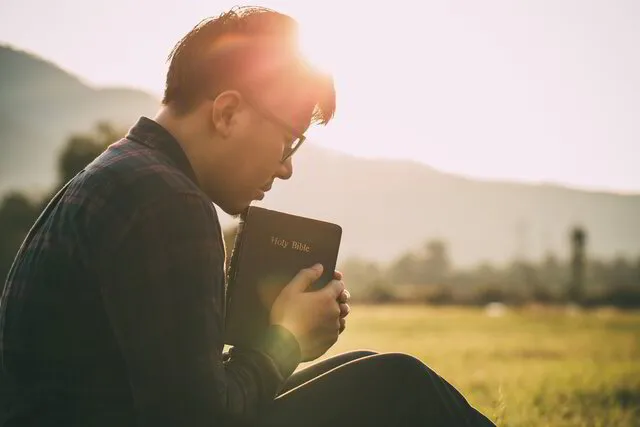Submitted to the Red Rock News for (10/18/24)

- Rev. Dona Johnson |October 13, 2024
Right now, a large majority of American citizens are engaging in passionate conversations, discerning and zeroing in on who they will vote for in the 2024 presidential election. From a Christian perspective, with all the various political ideologies that exist, how are we to discern, prepare and approach elections? Author David Koyzis in his book Political Visions and Illusions writes, ‘In recent decades, alternative visions of the political life, ranging from ethnic nationalism to individualistic liberalism, are visions that play out either with power or justice.’ Koyzis continues, ‘Political ideologies are not merely a matter of governmental efficacy, but are intrinsically and inescapably religious: each carries certain assumptions about the nature of reality, individuals and society as well as a particular vision for the common good.’ It’s important to note that all of these political ideologies are to some degree rooted in idolatrous worldviews.
So how are Christians called to respond to elections and politics? Paul in a letter to Timothy, instructs the young pastor to pray and make intercessions for emperors, kings and all those who are in positions of authority. Paul said, ‘I urge, then, first of all, that petitions, prayers, intercession and thanksgiving be made for all people—for kings and all those in authority, that we may live peaceful and quiet lives in all godliness and holiness. This is good, and pleases God our Savior, who wants all people to be saved and to come to a knowledge of the truth’ (1 Timothy 2:1-7).
The early church regarded it an absolute duty to pray and bring before the throne of grace those people in authority over them—emperors and kings. Emperor Nero in the first century hated Christians. So much so, he falsely accused, tortured and killed them. Many emperors that ruled in the first few centuries were not Christian, in fact they despised them. Paul urges Timothy to pray for such emperors. Pray for peace, a change of heart, forgiveness and reconciliation. Thus, Christian prayers are to be universally non-discriminating and far-reaching. They are to include not only those we agree with and who have the same political views, but we are to pray for those we passionately disagree with and those we vehemently oppose. Prayer is to be made for all. That includes every person, regardless of their political views and positions in society. For the early Christians no one was to be excluded from the prayers of the people of God—for all are in need redemption.
The gospel includes both the people in high places and low places. It includes both the emperor in his power and also the poor in their
helplessness. The gospel includes both the wise and philosophical and ordinary men and women who are less educated. Those in power with wealth and those who have little power and are middle class. Within the gospel there are no class or political distinctions. And so we learn, and it is a very difficult lesson to embrace in our current polarizing political culture, for true Christians, no one is outside the purview of our prayers, for no one is outside the love of Christ and the mission of God—who wants all to be saved.
So, as we approach this year’s 2024 elections, let us remember Paul’s words to young Timothy, pray for all people regardless of their political affiliation. Pray for people on both sides of the political aisle. Pray that our leader’s hearts will be changed and transformed by the love of God. May all people who are elected into office be servants of all people and live for a cause greater than themselves, sacrificing for the common good of all people. Amen.
- Rev. Dona Johnson |October 13, 2024
